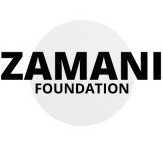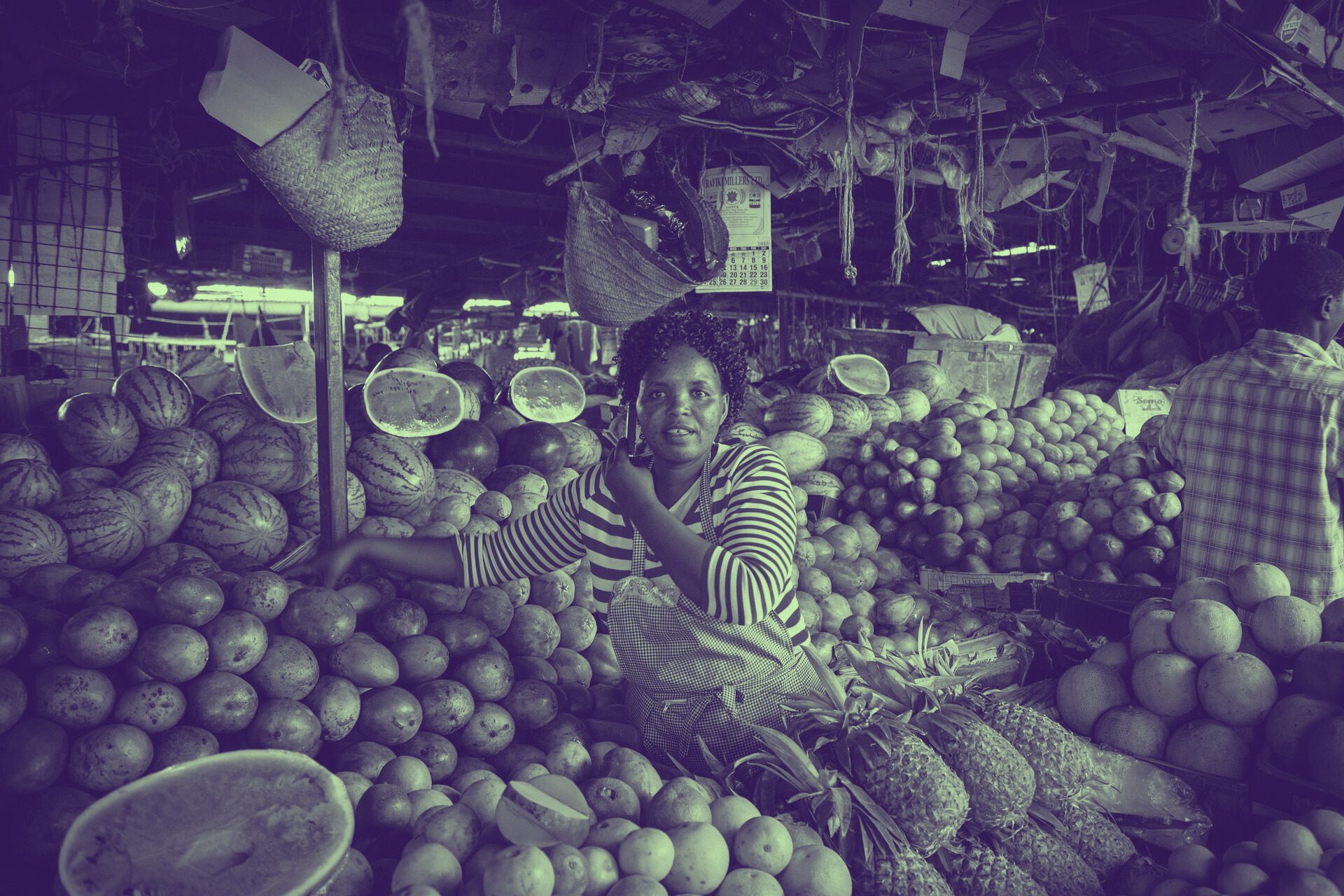End Displacement, End Hunger
The Plight of Internally Displaced People in Kaduna State, Nigeria.
It’s hard to imagine the level of hardship and suffering that internally displaced people (IDPs) are going through in various communities across Kaduna State in Nigeria. With ongoing insecurity and displacement caused by kidnapping and village raids, the situation has caused a ripple effect on the local food supply. Farmers are unable to access their farms, leading to food shortages and increased food prices, making it difficult for IDPs to access nutritious food.
This situation is particularly challenging in a world that is already grappling with the COVID-19 pandemic. It highlights the urgent need to address this issue and work towards a world where everyone has access to nutritious food.
The IDPs in Kaduna State have been forced to abandon their farms and sources of livelihood, leading to a significant decrease in local food production. As a result, there is a shortage of basic food crops such as rice, maize, and beans, and the prices of these crops have increased significantly.
To make matters worse, ginger, a major crop farmed in the region, has had low production output this year due to unfavorable weather conditions. This has put additional pressure on the already limited food supply, making it even more challenging for IDPs to access nutritious food.
The situation in Kaduna State is a reminder of the need to prioritize food security, particularly in areas affected by displacement and insecurity. Access to nutritious food is a basic human right and a crucial factor in maintaining good health and well-being. We cannot turn a blind eye to the suffering of those displaced and struggling to access basic necessities.
To address this issue, NGOs and other organizations can work with local communities to provide food aid, including food packages and cash transfers. This can help provide immediate relief to those struggling to access nutritious food. However, it is important to note that food aid alone is not a sustainable solution to the problem of food insecurity.
We must invest in long-term solutions that address the root causes of the problem. This can include supporting local farmers and investing in agricultural infrastructure, which can help to increase local food production and create sustainable livelihoods for those who have been displaced.
In addition to addressing food insecurity, it is also important to prioritize the safety and security of those who have been displaced. Providing protection and shelter to IDPs and addressing the root causes of insecurity in the region is crucial. We must work towards creating a world where everyone feels safe and secure in their homes and communities.
The situation in Kaduna State is a call to action, and we must prioritize food security and safety for those who have been displaced. By working together, we can create a world where everyone has access to nutritious food and feels safe and secure in their homes and communities. It requires a collective effort from NGOs, governments, and local communities to invest in long-term solutions that address the root causes of the problem and provide immediate relief to those who are struggling to access nutritious food.
It is important we all work together to end displacement and end hunger. The situation in Kaduna State is a reminder that access to nutritious food and safety is a basic human right that we cannot ignore. By investing in long-term solutions and providing immediate relief to those who are struggling, we can create a world where everyone has access to nutritious food and feels safe and secure in their homes and communities.



